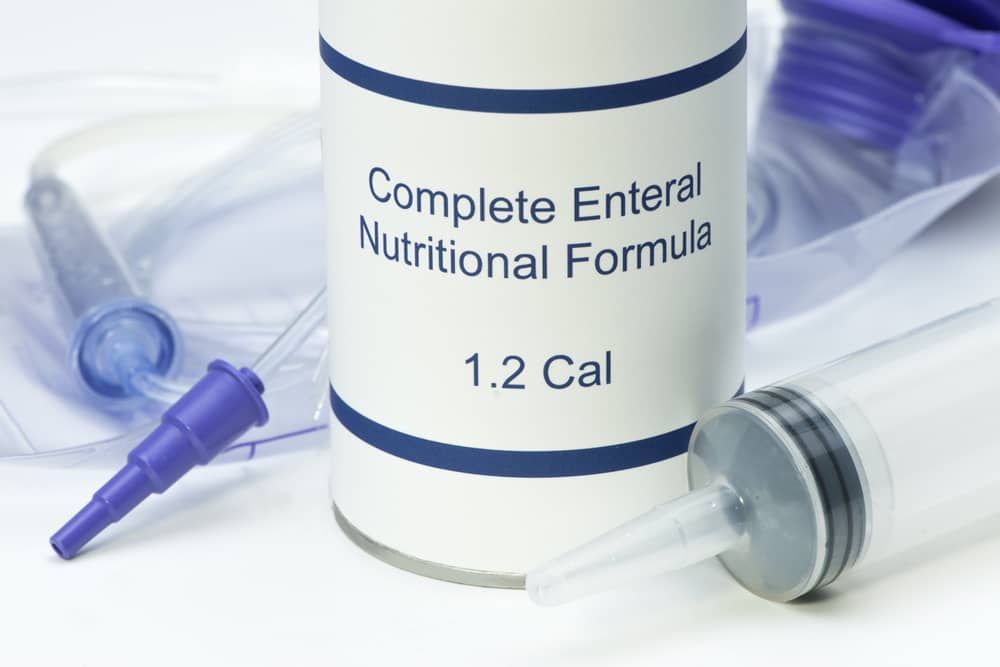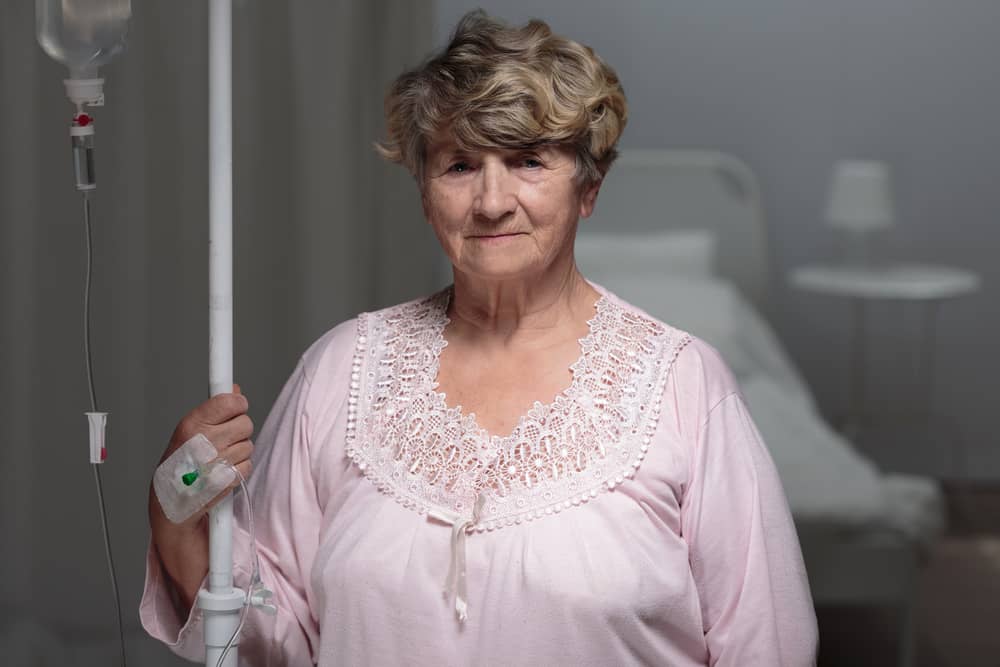Treatment for Intestinal Pseudo-obstruction
How do doctors treat intestinal pseudo-obstruction?
Doctors recommend different treatments for chronic intestinal pseudo-obstruction and acute colonic pseudo-obstruction.
Chronic intestinal pseudo-obstruction
Doctors treat chronic intestinal pseudo-obstruction with nutrition support, medicines, decompression, and sometimes surgery. If an underlying health problem is causing chronic intestinal pseudo-obstruction, doctors will also treat the underlying health problem as needed.
Nutrition support. People with chronic intestinal pseudo-obstruction may have problems getting enough nutrients from their food and drinks. Doctors may recommend diet changes to help prevent malnutrition and weight loss. Doctors often recommend a diet low in fat and uncooked fiber.
However, people who can’t get enough nutrients from their diet may need nutrition support. Nutrition support may include
- enteral nutrition, in which a person receives liquid food through a tube inserted into the stomach or small intestine. The tube may be inserted through the nose, or it may be inserted through the wall of the abdomen during surgery or with the help of endoscopy.
- parenteral nutrition, in which a person receives nutrients through an intravenous (IV) tube, which is a tube inserted into a vein.
Parenteral nutrition may lead to serious complications, such as blood clots in veins or infections. Doctors only recommend parenteral nutrition if a person can’t get enough nutrients from their diet or from enteral nutrition.
 People who aren’t able to get enough nutrients from their diet may need nutrition support.
People who aren’t able to get enough nutrients from their diet may need nutrition support.
Medicines. Doctors may prescribe medicines to help relieve the symptoms of chronic intestinal pseudo-obstruction, including
- medicines that help food move through the digestive tract more quickly.
- medicines that help relieve nausea and vomiting.
- antibiotics, which doctors may prescribe to treat small intestinal bacterial overgrowth.
- pain medicines, if needed. Doctors may recommend avoiding pain medicines, such as opioids, that slow down food moving through the digestive tract and may worsen the pseudo-obstruction.
Decompression. Decompression means removing gas and fluids from the digestive tract to relieve pressure and symptoms of pseudo-obstruction. To decompress the digestive tract, doctors may
- insert a tube through the nose and into the stomach
- perform a colonoscopy
- perform surgery
Surgery. In some cases, doctors recommend surgery to treat chronic intestinal pseudo-obstruction. Types of surgery include
- gastrostomy or jejunostomy, in which doctors place a tube from outside your body through the abdominal wall, directly into the stomach or small intestine. The tube can be used for enteral nutrition and for decompression.
- ileostomy or colostomy, which may help with decompression.
- bowel resection, or surgery to remove part of the intestine, which doctors recommend rarely, usually when imaging tests show the pseudo-obstruction affects only a segment of the intestine.
- intestinal transplant, which doctors may recommend for people who require parenteral nutrition but cannot start or continue parenteral nutrition safely.
Acute colonic pseudo-obstruction
Doctors most often treat acute colonic pseudo-obstruction with an approach called conservative management. In some cases, other treatments may be needed.
Conservative management. Doctors may treat acute colonic pseudo-obstruction with conservative management if you are not likely to have or develop complications. As part of conservative management, doctors typically
- stop any medicines that could worsen the pseudo-obstruction, especially opioid pain medicines
- treat any infections or other health problems
- instruct you not to eat or drink anything because pseudo-obstruction will stop the movement of food, fluid, air, and waste through your intestines
- give you IV fluid and electrolytes as needed
- give you medicine to help relieve the pseudo-obstruction
- insert tubes into your stomach or rectum to decompress your digestive tract
- encourage you to walk if you can
 As part of conservative management for acute colonic pseudo-obstruction, doctors typically encourage you to walk if you can.
As part of conservative management for acute colonic pseudo-obstruction, doctors typically encourage you to walk if you can.
Other treatments. If acute pseudo-obstruction doesn’t improve with conservative management in 2 or 3 days, doctors may recommend other treatments.6 Doctors may also recommend other treatments if you have, or are likely to develop, complications. Other treatments may include
- medicine to help relieve the pseudo-obstruction.
- a colonoscopy to decompress the colon. In some cases, during colonoscopy, doctors place a tube in the colon and leave it there for a few days to help with decompression. The tube will eventually pass naturally.
- surgery to decompress the colon or to remove part of the colon damaged by complications, particularly perforation.
References
This content is provided as a service of the National Institute of Diabetes and Digestive and Kidney Diseases
(NIDDK), part of the National Institutes of Health. NIDDK translates and disseminates research findings to increase knowledge and understanding about health and disease among patients, health professionals, and the public. Content produced by NIDDK is carefully reviewed by NIDDK scientists and other experts.

